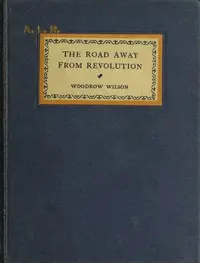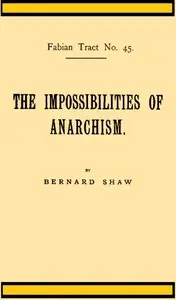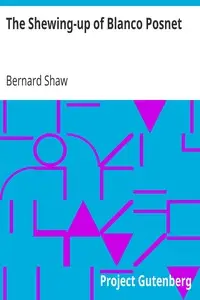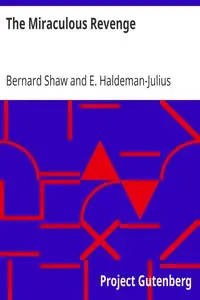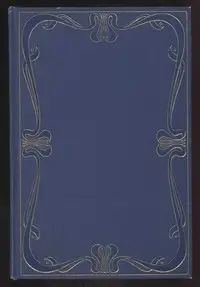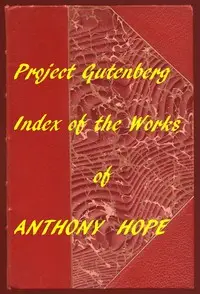"Revolutionist's Handbook and Pocket Companion" by Bernard Shaw is a philosophical exploration of societal transformation. Shaw, through the voice of John Tanner, challenges the established order and envisions a future led by "Supermen," evolved individuals capable of guiding humanity toward progress. The book grapples with the inadequacies of past revolutions, suggesting that these uprisings often fail to truly revolutionize society by addressing the restraints in place. Shaw critiques institutions like property and marriage, arguing that they hinder human advancement. Through insightful commentary, the book ultimately urges readers to rethink conventional ideas about progress and accept the necessity of radical change.

Revolutionist's Handbook and Pocket Companion
By Bernard Shaw
In a world ripe for change, a radical thinker proposes a bold vision of an evolved humanity that will disrupt long-held beliefs, and lead a revolution of thought that transforms society.
Summary
About the AuthorGeorge Bernard Shaw, known at his insistence as Bernard Shaw, was an Irish playwright, critic, polemicist and political activist. His influence on Western theatre, culture and politics extended from the 1880s to his death and beyond. He wrote more than sixty plays, including major works such as Man and Superman (1902), Pygmalion (1913) and Saint Joan (1923). With a range incorporating both contemporary satire and historical allegory, Shaw became the leading dramatist of his generation, and in 1925 was awarded the Nobel Prize in Literature.
George Bernard Shaw, known at his insistence as Bernard Shaw, was an Irish playwright, critic, polemicist and political activist. His influence on Western theatre, culture and politics extended from the 1880s to his death and beyond. He wrote more than sixty plays, including major works such as Man and Superman (1902), Pygmalion (1913) and Saint Joan (1923). With a range incorporating both contemporary satire and historical allegory, Shaw became the leading dramatist of his generation, and in 1925 was awarded the Nobel Prize in Literature.







